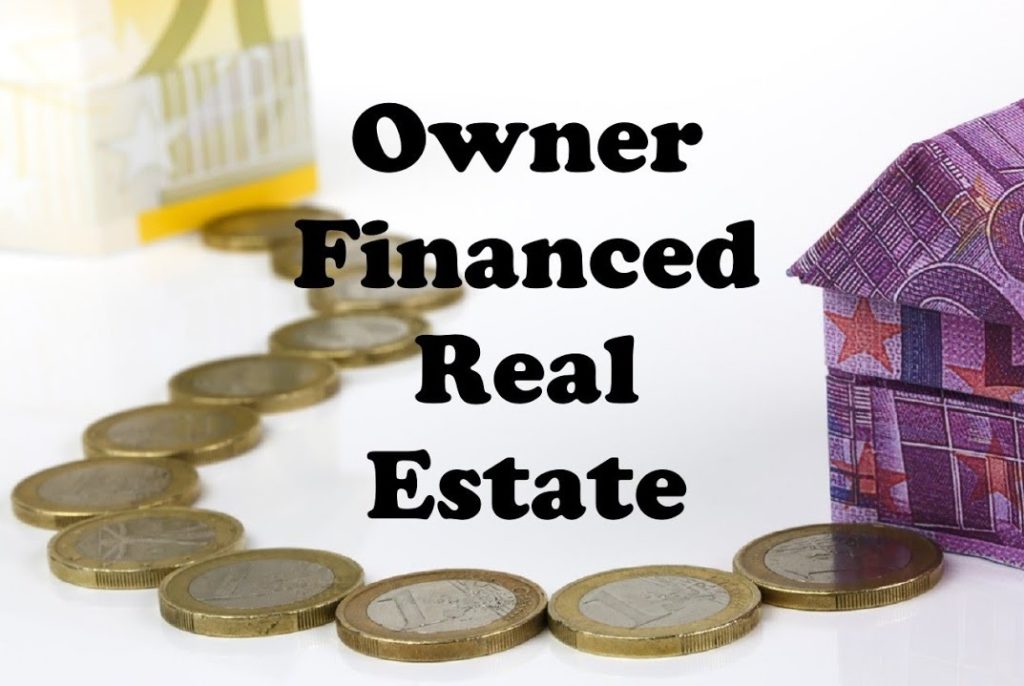When the real estate market is slow or there is a difficult or unique property involved, it can be difficult for homeowners to sell their property. A seller-financed real estate sale can be the best option to attract a wider scope of prospective buyers. Seller financed (also known as seller financing or owner financing) is one of the oldest forms of lending but misunderstood and known least by property sellers and buyers.
What is a Seller Financed Real Estate Sale?
A seller-financed sale is a real estate transaction where the owner (seller) of the property provides the buyer with a loan to cover all or some part of the sale price, eliminating the need for a bank or a mortgage lender. The property secures the loan, making it less risky for the seller.
Both the seller and buyer get into an agreement, where the seller sets the sale price, determines and accepts a down payment, then the buyer repays the balance over time.
The terms of the agreement are usually written down on a promissory note. The note will also consist of the payment schedule, the interest rate, and where and to whom the monthly payments should be sent. The note can also have the recourse that the seller can take if a buyer default occurs.
Points to Note When Using Seller Financing
When using this mode of financing as a buyer, it’s crucial to confirm if the property is free from any mortgage and debts since buying a house that already has an underlying mortgage can introduce extra complications. For example, the bank can ask the owner to pay it back in full now that the property is being sold.

As a seller, it’s crucial to request a bigger down payment. And if the buyer agrees, it will show he’s committed to buying the property while reducing the financial risk towards the seller.
Advantages of Seller Financing
This kind of financing offers lower closing costs for both the buyer and the seller. The bank fees, mortgage/discount points, origination fees, and other charges are eliminated since no lending institution is involved in the process.
The seller, on the other hand, can receive a much higher interest that he/she would never obtain from a typical checking/savings account. The seller can also demand a higher price for assisting the buyer with his financial needs. The seller does not have to do costly repairs as required by mortgage companies. And the monthly payments serve as extra income, which will result in long-term profit.
Additionally, the seller does not have to pay taxes on the whole amount because they don’t get the full amount. This allows the seller to defer to spread their tax liability over the term of the contract payout.
Disadvantages of Seller Financing
The main drawback for buyers participating in a seller-financed deal is that interest rates are relatively high compared to the rates offered by banks and mortgage companies. The loan also tends to be short-term, requiring the buyer to make the balloon payment a few years after the agreement.
For the seller, the main downside is the time and cost of recouping the property if the buyer defaults.

Is It a Worthwhile Option?
The seller financed deal is a viable option for homebuyers and sellers as long as it addresses their concerns. However, both parties need to engage a professional real estate agent, attorney and CPA who can offer advice and draw up all the necessary documents that protect the buyer’s and seller’s interests while complying with the federal and state lending laws.
Want to talk?
George A. Tallabas III
Associate Broker
RE/MAX Executives
208-880-2333/mobile
www.SearchIdahoHomes.com